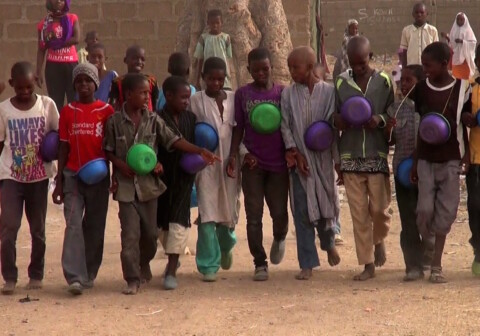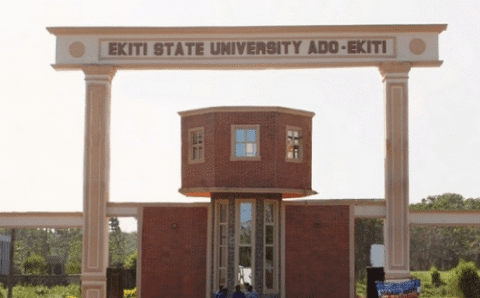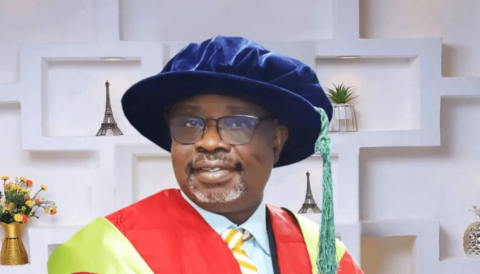The Executive Secretary of the National Senior Secondary Education Commission (NSSEC), Dr Iyela Ajayi, has expressed concern over the persistent lack of funding that continues to undermine the commission’s efforts to develop senior secondary schools across Nigeria.
In an interview with reporters, Ajayi lamented that despite the provisions of the NSSEC Act 2023, which stipulate that the commission should receive at least two per cent of the Consolidated Revenue Fund (CRF) to support senior secondary education, no such funds have been disbursed to date. He noted that the lack of financial support has significantly hindered the commission’s ability to address key challenges in the education sector, including inadequate infrastructure, a shortage of instructional materials, and limited human resource development.
Established to regulate and improve the quality of senior secondary education, NSSEC is mandated to standardise, fund, and advise on policies that ensure students are prepared for both higher education and global competitiveness. Ajayi stressed that without the expected statutory funding, the commission is unable to deliver on its core responsibilities effectively.
He explained that the expected two per cent from the CRF was also intended to be shared with state governments to support their senior secondary schools. Drawing comparisons, he noted that the Universal Basic Education Commission (UBEC) has consistently received its allocation since 2004. However, he expressed optimism that the current Minister of Education is working to resolve the funding delay affecting NSSEC.
To mitigate the impact of the financial shortfall, Ajayi said the commission plans to strengthen partnerships with development agencies, donor organisations, private sector stakeholders, and philanthropists to attract grants and interventions that support senior secondary education. He revealed that a public-private collaboration initiative would be launched within three months to boost infrastructure and resources in schools.
Ajayi reaffirmed the commission’s commitment to improving infrastructure in schools, including the provision of classrooms, science laboratories, ICT labs, libraries, furniture, and safety facilities. He said NSSEC is also focused on promoting Science, Technology, Engineering and Mathematics (STEM) education, vocational training, and entrepreneurship.
He emphasised that part of the commission’s core responsibilities includes enforcing minimum quality standards in teaching and learning environments. These standards cover the number of students per classroom, qualifications of teachers, teacher-student ratios, the number and quality of non-teaching staff, provision of staff offices, and classroom sizes. Other requirements include adequate laboratories, libraries, ICT rooms, toilets, administrative blocks, safety measures, and proper use of the approved curriculum.
According to Ajayi, NSSEC will begin the full implementation of the National Minimum Standards across all senior secondary schools from the next academic session, in line with its four-year strategic development plan. The commission will also scale up the training and retraining of teachers, as well as push for the recruitment of more qualified teaching personnel to strengthen classroom delivery.
He assured that NSSEC remains committed to transforming senior secondary education into a model that supports sustainable national development and aligns with global standards in innovation, entrepreneurship, science, and technology. Ajayi added that the commission’s inclusive structure allows it to collaborate with a wide range of stakeholders to monitor school performance, gather data, and enforce compliance with established benchmarks.





